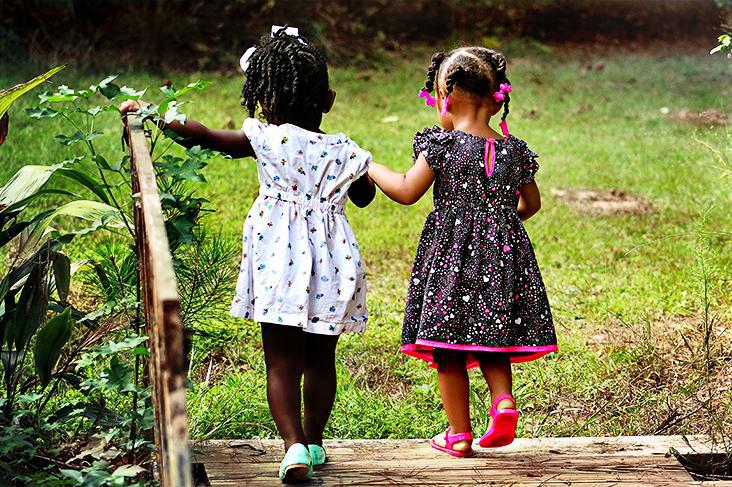Bishop T.D Jakes
How to Repair Your Broken Friendships - Bishop T.D Jakes
How to Repair Your Broken Friendships - Bishop T.D Jakes

Research has shown that the
average American, at any given time, has only two close friends. So when a
friendship is broken, a void is created. When we truly value a friendship,
though, we have a desire to repair it.
But it can be hard to know where to
start, especially when we we were in the wrong.
We're often told we should look to
our elders for guidance and there's undeniable widsom to that approach. But
what if we decided, instead, to fix our broken friendships by taking our cues
from children?
As it turns out, there's much to be
learn about friendship by watching how kids interact.
1.
Identify The Problem In Its Simplest Terms
When kids are asked to explain a problem,
they often reduce the issue to its simplest terms (e.g., "I took his block
and then he got mad"). Directly address the issue responsible for
fracturing the relationship. Don't get lost in the details. Answer the
following questions: Who was wronged? What was the result? Who is responsible
and how will you move forward?
2.
Practice Your Apology
Kids need to be told to apologize
and it's not uncommon for parents to model apologies for their children.
Children often use the parents apology as a script for their own. As
adults, we should use a script when apologizing, too. Andrea Bonior, Ph.D., a clinical psychologist and
author of The Friendship Fix, advises that you think through what you
are going to say ahead of time, “Otherwise you could find yourself rambling and
apologizing for the wrong thing, which could make you feel uncomfortable and
throw you off track, thereby worsening the problem."
3.
Raise Your Hand If You're Listening
Elementary school teachers often
employ a simple trick when getting the attention of their classrooms: they ask
students to raise their hands if they are paying attention. This strategy
quiets down the class by engaging the children as active listeners. In
order to mend a fractured relationship, we have to listen closely to what our
friends are saying. "You need to pay attention and not just be wrapped up
in what you need to say," says Frederic Luskin, a psychologist,
director of the Forgiveness Project at Stanford University, which researches
how forgiveness is good for mental and physical health. "Am I trying
to better understand myself and my estranged friend's
perspective?" Frederic Luskin asks.
4.
Let It Go
Kids forgive and then forget. After
apologizing, they hold out their hands and ask their friends to join them on
the playground. Show your friend that you are putting any contentious issues behind
you and that you are moving forward. "A relationship is an active process,
and a repair should be an ongoing process, as well," says Frederic Luskin. Start with those
words, “I want to put this behind us.”
Repairing a broken friendship takes
humility, courage and commitment. Admitting fault or acknowledging a problem in
a friendship isn’t easy, but loyal friends are hard to come by, and when you
find one, you know that what you have is rare. And that is reason enough to do
everything in your power to glue the pieces of the broken friendship back
together, no matter what or how long it takes


Post a Comment